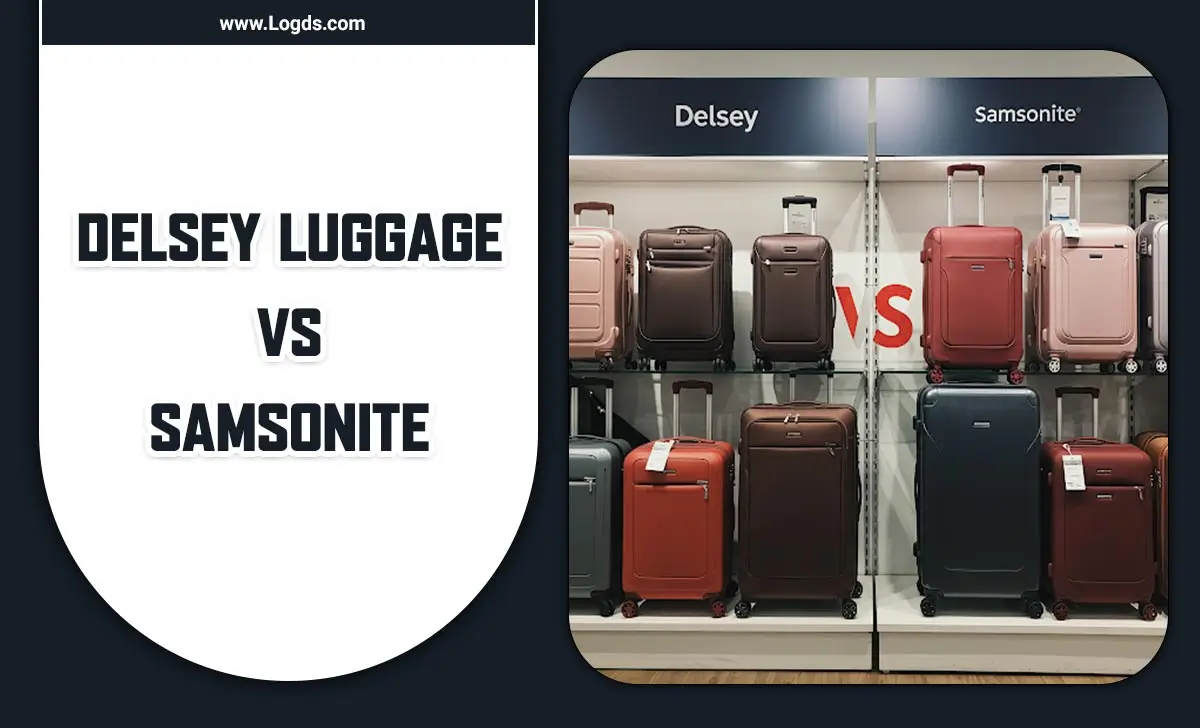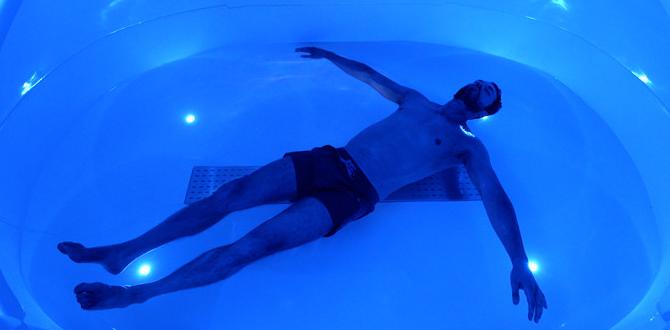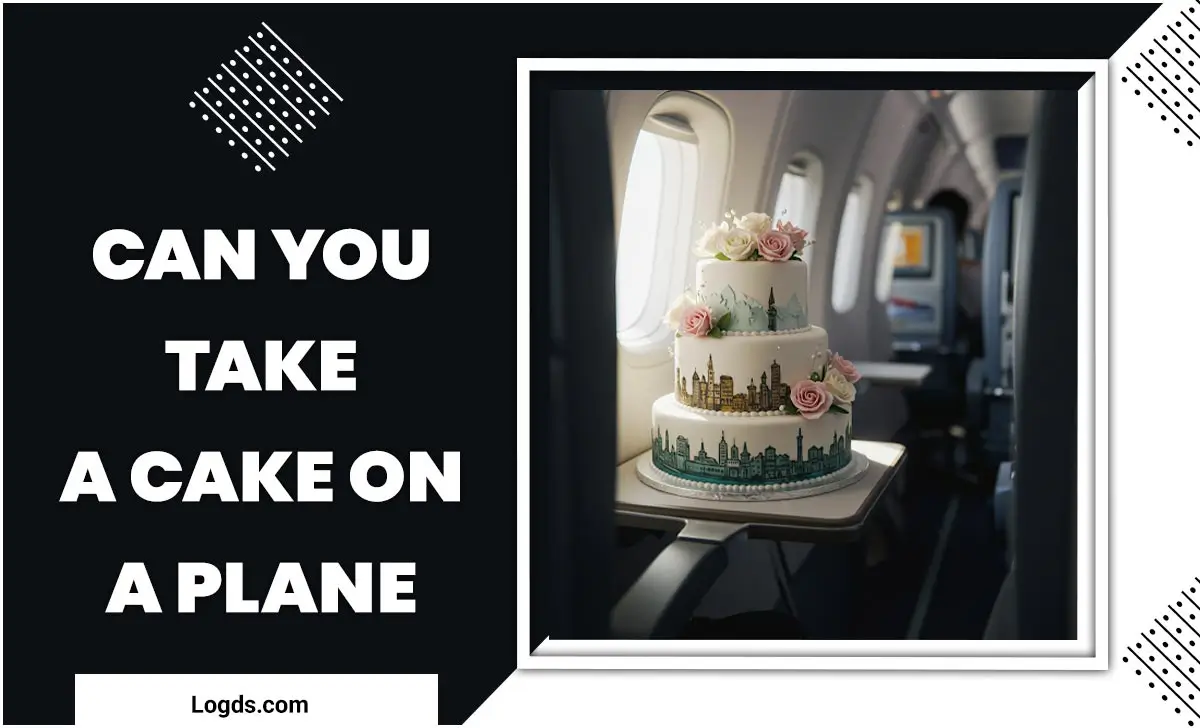Black Forest Safety: Essential Tips & Proven Scams Avoided
Protect yourself and your belongings when visiting the beautiful Black Forest. This guide provides essential safety tips and warns you about common scams and mistakes to avoid, ensuring a worry-free adventure in Germany’s scenic wonderland.
The Black Forest is a dream destination for many, with its lush hiking trails, charming villages, and delicious cake! But like any popular tourist spot, it’s wise to be prepared. Sometimes, the excitement of exploring can make us overlook basic safety. Nobody wants their amazing trip to be marred by an avoidable mishap or a sneaky scam. This guide is here to help you navigate the Black Forest with confidence. We’ll cover simple, practical tips to keep you safe, and we’ll shine a light on common traps so you can enjoy every moment of your adventure with peace of mind. Get ready for a truly wonderful experience!
—
Understanding Black Forest Safety
The Black Forest (Schwarzwald) is a stunning region in southwestern Germany, renowned for its picturesque landscapes, dense forests, hiking trails, and cultural heritage. Generally, it’s a very safe place for tourists. However, like any travel destination, a little preparation can go a long way to ensure a smooth and enjoyable trip. Understanding potential risks and knowing how to mitigate them is part of smart travel planning. This section will lay the groundwork for a safe and memorable visit.
Safety in the Black Forest encompasses a few key areas: personal safety while exploring, being aware of your surroundings in towns, and taking precautions against opportunistic crime. Rural areas are typically very peaceful, but popular tourist hubs and train stations can see petty crime. Understanding local customs and being mindful of your belongings will significantly reduce any risks.
Personal Safety on the Trails
Hiking is a primary activity in the Black Forest, and the trails are well-maintained and marked. Nevertheless, it’s crucial to approach trails with respect and preparation.
- Stay on Marked Trails: The extensive trail network is designed for safety and convenience. Wandering off marked paths can lead to getting lost, encountering wildlife unexpectedly, or navigating difficult terrain.
- Inform Someone of Your Plans: If you’re embarking on a longer hike, especially a solo one, let your accommodation provider or a friend know your intended route and estimated return time.
- Check Weather Forecasts: Mountain weather can change rapidly. Always check the forecast before you set out. Be prepared for rain, wind, and cooler temperatures, even in summer. The Deutscher Wetterdienst offers reliable weather information.
- Carry Essential Supplies: Always pack water, snacks, a basic first-aid kit, a fully charged mobile phone, and a map or GPS device. For longer hikes, a headlamp is a good idea even if you plan to finish before dark.
- Wear Appropriate Gear: Sturdy hiking boots with good grip are essential. Dress in layers so you can adjust to changing temperatures. A waterproof and windproof jacket is a must.
- Understand Trail Difficulty: Trails are usually rated by difficulty. Choose routes that match your fitness level and experience.
- Be Aware of Wildlife: While major encounters are rare, be aware of your surroundings. Keep a safe distance if you see any animals.
Safety in Towns and Villages
Black Forest towns are generally very safe and welcoming. However, like any place where people gather, it’s wise to exercise basic precautions.
- Be Aware of Pickpockets: In crowded areas like markets, train stations, or popular tourist attractions, be mindful of your bags and pockets.
- Secure Your Belongings: Use cross-body bags, keep valuables zipped in inside pockets, and don’t leave belongings unattended.
- Trust Your Instincts: If a situation feels uncomfortable or suspicious, remove yourself from it.
- Emergency Numbers: Know the basic emergency numbers: 112 for general emergencies (police, fire, ambulance) and 110 for police specific to Germany.
Traveling with Children and Special Needs
The Black Forest is family-friendly. However, traveling with children or individuals requiring specialized care, such as adult or child diapers, adds unique considerations for safety and comfort.
- Child Safety: When hiking, keep a close eye on children, especially near roads, water bodies, or steep drops. Bring child-friendly snacks and plenty of water.
- Planning for Diaper Needs: For parents traveling with young children or adults who use child-specific diapers, ensure you pack an adequate supply. Many pharmacies (Apotheke) and larger supermarkets in Germany carry children’s diapers. It’s wise to research brands available locally beforehand.
- Adult Diaper Accessibility: For adults or seniors requiring adult diapers, pack enough for your trip. While available in larger German pharmacies and drugstores, specific brands or absorbency levels might be harder to find than expected. Planning ahead by bringing a sufficient supply or verifying availability of preferred brands online before departure is recommended for peace of mind. Websites specializing in continence care can offer guidance on international travel.
- Comfortable Travel: Ensure you have comfortable seating arrangements and plan for regular rest stops, especially for longer journeys.
Common Scams and Mistakes to Avoid
While the Black Forest is predominantly honest and safe, tourists can sometimes fall victim to opportunistic scams or simple mistakes that detract from their experience. Being aware of these is key to staying one step ahead.
Tourist Trap Pricing
What it is: Overpriced items or services specifically targeting tourists, especially in highly frequented locations. This can range from inflated souvenir prices to restaurant meals with hidden charges.
How to avoid it:
- Research local prices: Get a feel for typical costs of meals, drinks, and souvenirs before you buy.
- Look for “Mittagstisch” or “Tagesangebot”: Many restaurants offer set lunch menus at a much lower price than à la carte dinner options.
- Read menus carefully: Check for small print regarding service charges or side dishes.
- Be wary of street vendors: While some are legitimate, others may sell lower-quality goods at inflated prices.
Fake Guides and Tours
What it is: Unofficial “guides” approaching you, especially at popular attractions or transport hubs, offering tours or assistance at a fee. These individuals may be unregistered, overcharge, or take you to places where they receive kickbacks.
How to avoid it:
- Book through official channels: Use reputable tour operators or visitor information centers for guided tours.
- Ignore unsolicited offers: Politely decline individuals who approach you offering services.
- Check credentials: If you do want a guided tour, ensure the guide is officially licensed.
Parking and Traffic Violations
What it is: Misunderstanding parking regulations or traffic signs, leading to fines. This is a common mistake for visitors unfamiliar with German traffic laws.
How to avoid it:
- Pay attention to signs: German parking signs can be complex. Look for signs indicating paid parking zones (Parkscheinautomat often marked with a blue “P”), free parking (Parken Frei), or restricted areas.
- Purchase parking tickets promptly: If parking in a paid zone, buy a ticket from the machine immediately and display it clearly on your dashboard.
- Understand “Anwohnerparken”: This is resident-only parking.
- Learn basic traffic rules: Familiarize yourself with speed limits and right-of-way rules. The official German government website provides information on traffic regulations.
Transportation Scams
What it is: This can include overcharging for taxis, fake train tickets, or unsolicited “help” with luggage at stations.
How to avoid it:
- Use official taxis: Hail taxis from designated stands or book through a reputable app or hotel. Ensure the meter is running.
- Buy train tickets from official sources: Use Deutsche Bahn (DB) ticket machines or their official website/app.
- Be wary of people offering “help”: Especially with luggage at train stations. If you need assistance, look for official station staff.
Restaurant and Bar Tricks
What it is: Minor billing errors or attempts to charge for items you didn’t order, often done subtly.
How to avoid it:
- Check your bill: Always review your bill (die Rechnung) before paying.
- Confirm prices: If unsure about an item’s price, ask before ordering.
- Be mindful of “bread”: In Germany, bread and butter/spread served at the table are often charged, unlike in some other countries where they are complimentary.
Essential Packing for Safety and Comfort
Packing right is your first line of defense for a safe and comfortable trip. Here’s a checklist focusing on essentials for the Black Forest, including considerations for specific needs.
Hiking Essentials
For exploring the beautiful trails, consider these:
- Sturdy hiking boots: Broken in and with good ankle support.
- Moisture-wicking socks.
- Layered clothing: Base layers (synthetic or wool), insulating mid-layer (fleece), and waterproof/windproof outer shell.
- Daypack: For carrying essentials
- Water bottle or hydration pack.
- Snacks: High-energy options like nuts, dried fruit, granola bars.
- Sunscreen, hat, and sunglasses: Even in cooler months, the sun can be strong.
- Basic first-aid kit: Including plasters, antiseptic wipes, pain relievers, blister treatment.
- Navigation tools: Map of the area, compass, or a reliable GPS device/app.
- Headlamp: For unexpected delays.
- Whistle: For signaling in emergencies.
Daily Comfort and Safety Items
These items enhance your overall travel experience:
- Comfortable walking shoes: For exploring towns.
- A small, secure bag: Cross-body or anti-theft backpack.
- Portable power bank: To keep your phone charged.
- Copies of important documents: Passport, ID, travel insurance, stored separately from originals.
- Basic toiletries.
- Any prescribed medications.
Special Considerations: Traveling with Children or Continence Needs
For families and individuals with specific needs, proactive packing is crucial.
| Item Category | Essential Items for Families/Individuals with Special Needs | Notes |
|---|---|---|
| Diapering Supplies | Adequate supply of child diapers or adult diapers (based on need), changing mat, wipes, diaper rash cream, disposal bags. | Consider brands and absorbency needs. Research local availability if planning to purchase there, but carry a sufficient supply for immediate needs and peace of mind. |
| Clothing for Children | Age-appropriate, comfortable, and layered clothing suitable for hiking and town visits. Include hats and waterproof outerwear. | Easily washable fabrics are a plus. |
| Feeding Supplies | Baby bottles, formula, baby food, sippy cups, toddler snacks, bibs. | Pack familiar items to avoid potential digestive upset. |
| Comfort Items | Favorite stuffed animal, blanket, or pacifier for children; familiar comfort items for adults. | Helps with adjustment and reduces stress during travel. |
| Health & Safety | Child-specific pain relievers, thermometer, any required personal medical equipment, child locator device (optional). | Always consult your doctor before travel regarding health needs. |
| Hygiene | Hand sanitizer, small packages of tissues. | Essential for maintaining hygiene on the go, especially with children. |
Remember, the goal is to be prepared without overpacking. Focus on multi-functional items and the necessities that ensure safety and comfort.
Navigating Transportation Safely
Getting around the Black Forest is part of the experience, whether by car, train, or bus. Here’s how to do it safely and efficiently.
Driving in the Black Forest
Renting a car offers flexibility, especially for exploring more remote areas. However, be prepared for German driving regulations.
- Road Conditions: Roads are generally well-maintained, but some winding routes in the forest can be narrow and challenging. Drive cautiously, especially on rural roads.
- Speed Limits: Be aware of speed limits. There are 50 km/h (31 mph) limits in built-up areas, 100 km/h (62 mph) on rural roads, and generally 130 km/h (81 mph) on motorways (Autobahn), though some sections have no mandated speed limit (but exceeding 130 km/h is often not advised due to traffic and conditions).
- “Rechts vor Links” (Right before Left): This rule often applies at junctions without traffic lights or signs. Vehicles on the right have priority.
- Parking: As mentioned, pay close attention to parking signs. Fines can be steep.
- Fuel Stops: Gas stations are plentiful along major routes, but may be sparse in very rural areas. Keep an eye on your fuel gauge.
- Navigation: A GPS or a reliable navigation app is highly recommended.
Using Public Transportation (Trains and Buses)
Germany has an excellent public transport system, operated by Deutsche Bahn (DB) for trains and regional bus companies.
- Deutsche Bahn (DB): The primary operator for regional and long-distance trains. Tickets can be purchased online, via the DB Navigator app, at ticket machines, or at station counters.
- Regional Passes: Consider regional day tickets like the Baden-Württemberg-Ticket for cost-effective travel within the state for groups or families.
- Strikes: Be aware that transport strikes can occasionally occur in Germany, impacting train and bus services. Check the DB website for updates.
- Valid Tickets: Always ensure you have a valid ticket before boarding. If you purchase a ticket but don’t validate it (for paper tickets that require stamping), you might be fined. Electronic tickets usually don’t require validation.
- Bus Services: Regional buses connect





